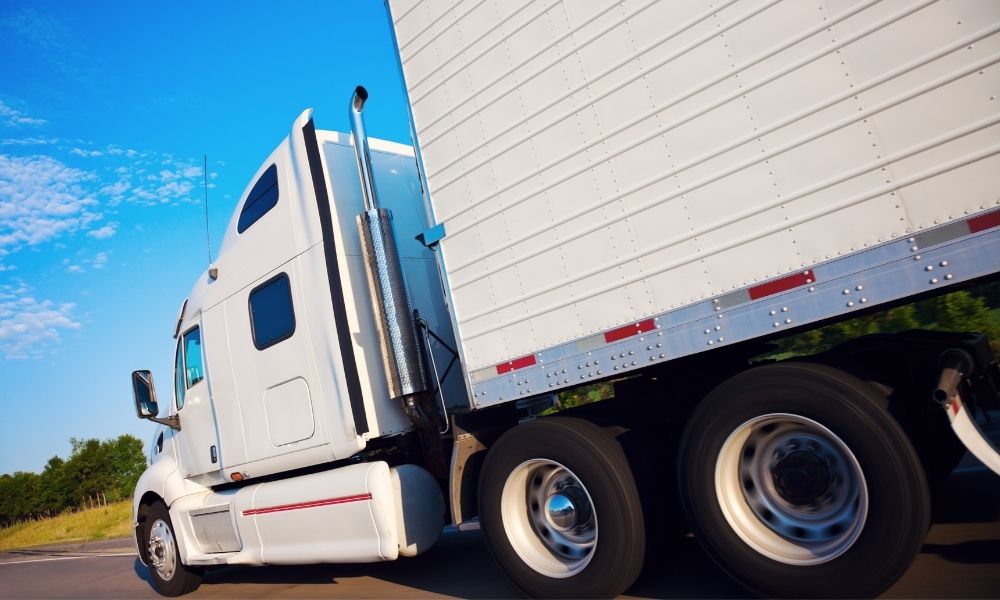Safe driving is a priority for all independent contract truck drivers and tow-away trucking companies. When you take care of yourself on the road, you can get from point A to point B on time and with your cargo intact. Trucking routes are full of unpredictable conditions, which is why you might find yourself having to pull over onto the side of the road in the middle of a job. Knowing how to pull over on the highway safely will help you handle flat tires, inclement weather, and other unsafe conditions better. Prepare yourself and your vehicle with these crucial safety tips.
Move Calmly and Steadily
The key to handling any driving incident is to stay calm. Slamming on the brakes or turning sharply can cause you to lose control of your truck or throw off drivers around you. Use your turn signal, and look for the next opening to pull over to the side of the road. If you can safely reach the next exit, try to do that instead of staying on the shoulder of the highway. When you’re able to pull over, put as much room as you can between your vehicle and the closest lane. You should also avoid standing close to oncoming traffic. If you’re standing outside, keep your truck between yourself and the highway as much as possible.
Use Your Lights
Once you’ve stopped, the next crucial step of how to pull over on the highway safely is to make yourself noticeable to other drivers. Use your hazard lights to let other drivers know that your vehicle is parked. Most people will do their best to slow down or change lanes to give you room if they see your lights flashing ahead of time. If it’s dark outside, you can also turn on headlights and interior lights to make your truck even more noticeable. The easier it is for other drivers to see you, the safer you and your vehicle will be on the side of the road.
Equip Your Vehicle for Emergencies
Another way to ensure your own safety when you need to pull over on the highway is to prepare your vehicle for that exact circumstance. Always have a tow number, roadside assistance, and insurance info on hand in your vehicle. Also, keep a spare tire, jumper cables, and other basic maintenance equipment with you for every trucking route. Finally, pack some emergency essentials like a flashlight and batteries, a phone charger, and a spare blanket and coat. When you’re always ready for an emergency, you can get through the situation with as little stress and danger as possible.

